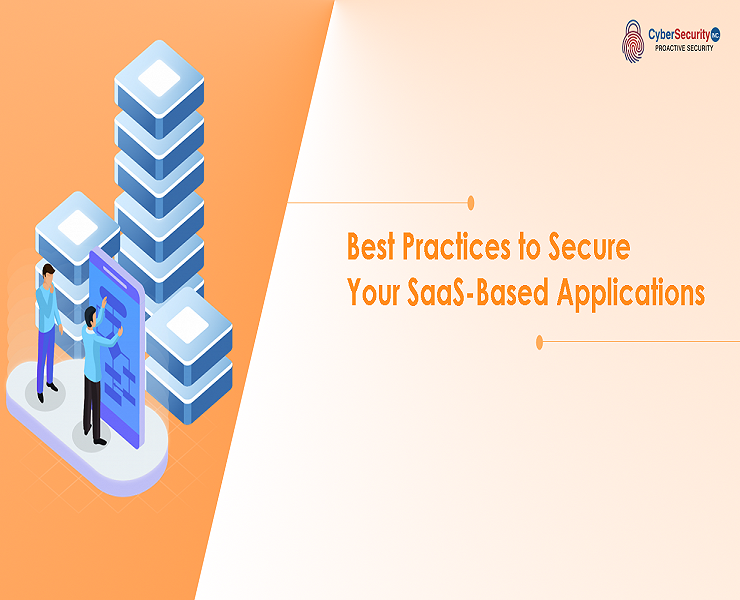Best Practices to Secure Your SaaS-Based Applications
Whether you are an IT company or a SaaS-based startup, you are constantly under the pressure of balancing productivity gains and lower costs alongside security concerns and compliances for organizational data and SaaS-based applications. The dynamic nature of keeping the corporate technology stack safe has always been a challenge for security teams. However, the complexities caused by the pandemic period of Covid-19 have forced teams to consider a new set of paradigms and more risks due to the abrupt shift to remote work.
While managing a distributed team is routine for most organizations, there is even more need for flexibility and reliance on cloud transformation. SaaS platforms like Salesforce, Zoom, and Microsoft365 designed on these principles have significantly benefited from this new work climate. First, however, you need to identify the vulnerable hotspots and the best solution to defend against your SaaS security risks to protect your SaaS applications.
Here is a list of some of the key practices to improve your SaaS application Security.
Better Authentication
Examining how people access SaaS applications in the first place is a practical starting point. However, different cloud providers handle authentication differently. As a result, it may be a complicated process. Some providers give the option of integrating with providers the customers manage, e.g., with Open Authorization or OpenID Connect, Active Directory (AD) via Security Assertion Markup Language, while others do not.
In order to navigate this, it’s crucial for security teams to understand what services are in use and what alternatives are supported by each of them. With this context, admins can choose better authentication based on their specific needs.
User-level Data security monitoring
To confirm compliance with internal and external application security standards, businesses need to monitor the user-level security of data. To deliver user-specific access and other permissions, your cloud provider could provide you with role-based access control (RBAC) features. The motivation behind this is to ensure authorized access to the right people on SaaS applications. This will help enterprises to get accurate, control-based access, enforced level of application security to their SaaS application.
Along with this, this will segregate the users and describe how they can access data in the enterprise SaaS applications.
Focus more on Personalization
SaaS products are all about providing freedom. The freedom for your customers to personalize it according to their choices. To deliver the best user experience, developers need to provide customers with the freedom to personalize their SaaS applications. This is all about developing an application that works for them rather than the other way around.
Securing end-to-end data transmission
Securing your SaaS application is possible by encrypting end-to-end data transmission. Businesses can encode their data to protect their apps from unauthorized access and users. Doing this will provide them with integrity, not repudiation, authentication, and confidentiality. However, it would help to ensure that all the server integration will take place over the Transport layer security and TLS needs to be terminated only within the cloud service provider. These cloud providers offer field-level encryption, where you can select the fields of your choice to encrypt and ensure that your data is transmitted and stored securely. To put that in a simple way, even if a user accesses our data, they wouldn’t be able to decode until they have the encryption keys, which are with authorized users only.
Conclusion:
For businesses looking to adapt to the best SaaS security practices, they need to consider what their business processes are all about. While they get the idea of what their business processes are, they can get more awareness for what data point they are required to secure within the applications. We believe SaaS security is essential for all businesses. By implementing the right security practices in your organization, you can achieve a higher level of integrity and digital transformation for your business processes.

